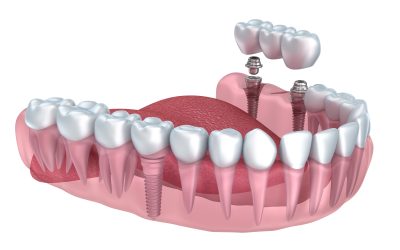What are the risks of Teeth Whitening? Depending on the bleaching techniques used, there is more or less risk per person. Generally, most dental bleaching treatments use hydrogen peroxide. This bleaching agent is used in varying quantities according to the techniques used but must remain below a maximum dose of 0.1% set by the ADA. In the US, products containing between 5 and 20% hydrogen peroxide should be reported as harmful (there is a risk of irritation to the eyes and skin) and those between 0.1% and 6% cannot be sold by anyone except for dentists.
This whitening agent is likely to be dangerous if misused. Indeed, undiluted, hydrogen peroxide swallowed in large quantities can be fatal. It is estimated that users of Teeth Whitening products swallow up to 25% of the hydrogen peroxide used. The dangers of teeth whitening, related to hydrogen peroxide, depend greatly on the frequency of tooth whitening sessions conducted. Indeed, when diluted, hydrogen peroxide is not that dangerous. Here are a few risks associated with hydrogen peroxide:
* Hypersensitivity of teeth (increased sensitivity to temperature deviations);
* Alteration of enamel (yet the hardest part of the body) becoming more porous;
* Embrittlement of teeth;
* Irritation of the skin, mucous membranes, eyes, stomach, intestines, respiratory tract, and so on.
These effects are only temporary (the long-term effects of these products are not exactly known). At particularly high levels, tests on rats revealed effects on body weight, blood, and various internal organs. Some dentists note that hydrogen peroxide promotes the development of cancers insofar as it stimulates the growth or multiplication of cancer cells. This risk is all the more important as people who use teeth whitening products are often tobacco users who are more exposed to cancers than others. It would also appear that people with genetic pathologies are more vulnerable to the harmful effects of hydrogen peroxide because their body is not able to degrade it effectively. It is found that allergies to hydrogen peroxide are virtually non-existent. Regarding toothpaste and mouthwashes that contain low concentrations of hydrogen peroxide, their use poses no problems because the hydrogen peroxide decomposes rapidly with the help of saliva.



